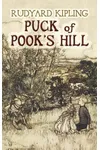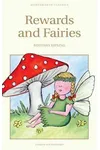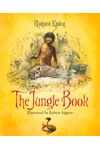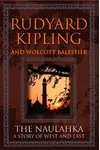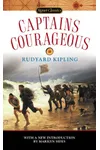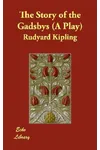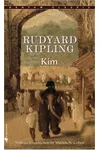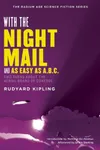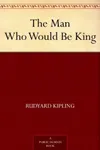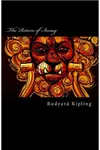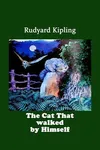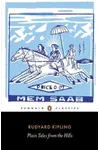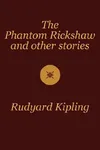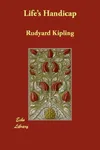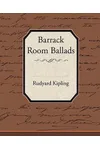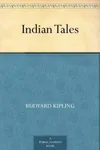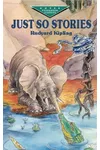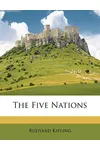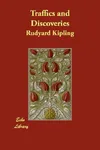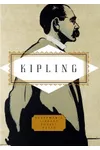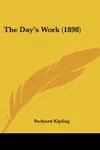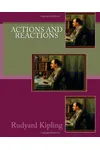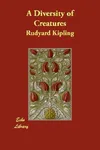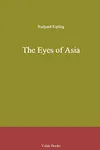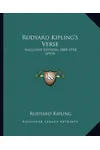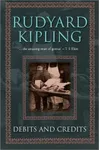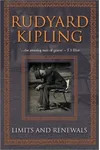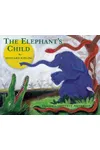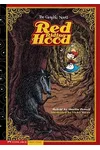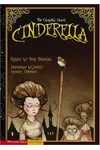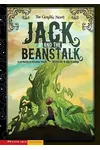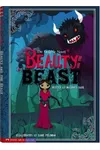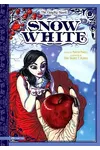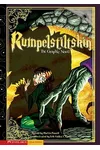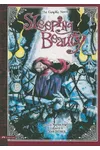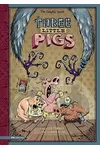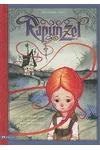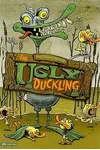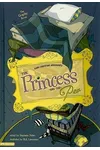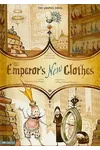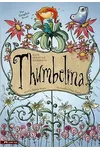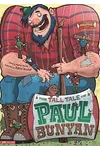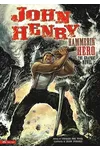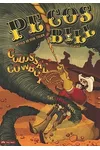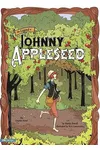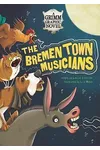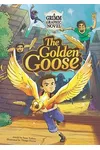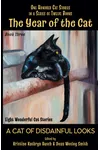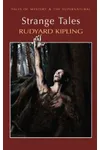Picture a British storyteller who spun tales of talking animals and far-flung empires—meet Rudyard Kipling! Born in Bombay in 1865, Kipling became a literary legend with works like The Jungle Book, blending vivid storytelling with insights into human nature. His knack for capturing adventure and morality earned him the Nobel Prize, making him a household name.
Kipling’s life was as colorful as his stories. From his Indian childhood to his global travels, his experiences shaped a unique voice that resonates even today. Ready to dive into the world of a man who brought Mowgli to life? Let’s explore!
The Making of Rudyard Kipling
Rudyard Kipling was born in Bombay, India, to British parents, soaking up the vibrant sights and sounds of the subcontinent. At five, he was sent to England for schooling, enduring a harsh foster home that sparked his storytelling imagination. After returning to India as a teen, he worked as a journalist, honing his craft with sharp observations of colonial life. These early years fueled his ability to weave rich, immersive worlds.
By his early 20s, Kipling was publishing short stories and poems, gaining fame for his knack for blending humor, adventure, and moral lessons. His time in India, coupled with travels to America and South Africa, gave him a global perspective that shone through in his work.
Rudyard Kipling’s Unforgettable Stories
Kipling’s bibliography is a treasure trove of adventure and wisdom. The Jungle Book (1894), his most famous work, follows Mowgli, a boy raised by wolves, navigating the wild with friends like Baloo the bear. Its vivid characters and timeless lessons about loyalty and courage still captivate readers of all ages.
Kim (1901), a novel set in colonial India, blends espionage and spiritual quests, showcasing Kipling’s love for cultural complexity. His Just So Stories (1902) charm with whimsical explanations of how animals got their traits, like the elephant’s trunk. Kipling’s style—lively, rhythmic, and morally grounded—made his tales both entertaining and thought-provoking, reflecting his belief in duty and resilience.
His poetry, like “If—” (1910), inspires with its stoic wisdom, urging readers to persevere. Kipling’s ability to craft stories for both children and adults, infused with his colonial experiences, set him apart as a literary giant.
Why Rudyard Kipling Matters
Kipling’s impact stretches far beyond his era. His stories shaped children’s literature, inspiring writers and filmmakers—Disney’s adaptations of The Jungle Book are global hits. His exploration of identity, duty, and cultural clashes remains relevant, offering insights into the complexities of empire and human nature.
Though some criticize his imperialistic views, Kipling’s nuanced storytelling invites reflection rather than blind endorsement. As the first English-language Nobel laureate in 1907, his legacy endures in classrooms, libraries, and hearts worldwide, proving the power of a good story.
About Rudyard Kipling
- Born: December 30, 1865, in Bombay, India
- Key Works: The Jungle Book, Kim, Just So Stories, “If—”
- Awards: Nobel Prize in Literature (1907)
- Died: January 18, 1936, in London, England
Snag The Jungle Book and dive into Rudyard Kipling’s wild, wonderful world of adventure!
